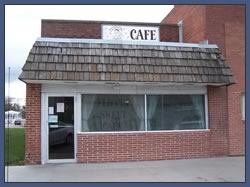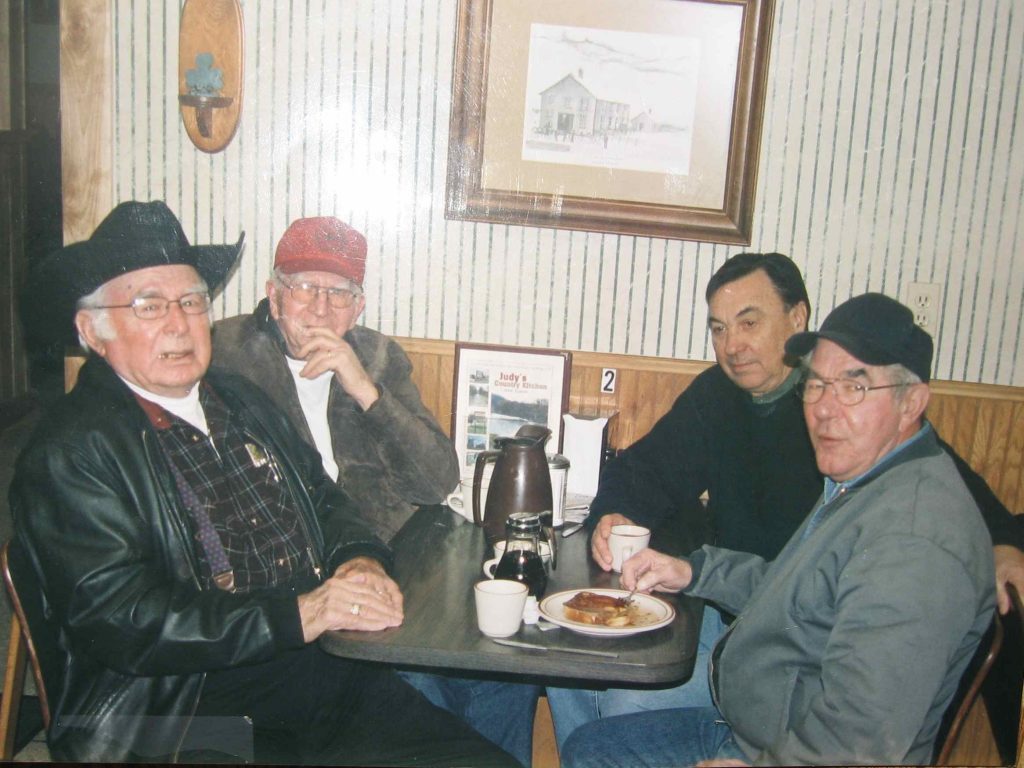I didn’t say it. Someone who shall remain nameless said that to me, and it started me thinking about The Lone Artist.
I’ve been to New Orleans, Paris, Venice Beach, New York, London, Amsterdam, and other places where The Lone Artist sets about attempting to earn a living or at least approbation from a crowd of strangers walking by.






In a lot of ways, I like being a lone artist. When I go to authors’ websites and read about the difficulties they have working with a publisher, I’m glad. When I go to readers’ websites and read about how sad they are when a favorite author gets cut off mid-series, I’m glad. When I sit down to write and realize that I can do anything I want without having to account to a sales staff, I’m glad. When I know that the readership I’m gathering one by one, to whom I am ever so grateful, now has enough faith in me to go where I take them, I’m glad.
There is one respect I really don’t like it. I don’t like the near absence of distribution. But . . . that’s about the only way I can think of that I don’t like it. After all, a street performer can only play to the audience that walks by.
It’s not easy. Some days it’s damned depressing. I count on the readers to talk to me and remind me that there is something of worth in what I do, and believe me, I remember it. I count up those emails and screen shots and snippets of conversation here and there, and I keep them, put them in my hard drive bank like coins in my hat.
So when bedtime comes (if it comes) and I fall in bed exhausted from everything I have to do to be a lone artist, it’s the good kind of exhaustion.
Howard Roark laughed.

 Anyway, 3-almost-4-year-old XY Tax Deduction and I went to Hy-Vee for lunch to kill some time. I love Hy-Vee’s salad bar (best grilled chicken EVER!) and XY TD loves their pizza. And canteloupe. On the same plate.
Anyway, 3-almost-4-year-old XY Tax Deduction and I went to Hy-Vee for lunch to kill some time. I love Hy-Vee’s salad bar (best grilled chicken EVER!) and XY TD loves their pizza. And canteloupe. On the same plate.